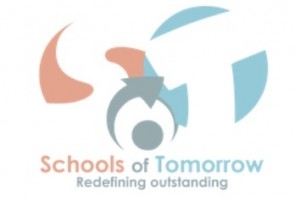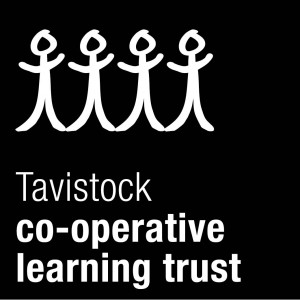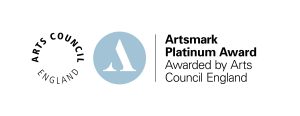The ‘roadmap out of lockdown’ schools announcement made by the Prime Minister on 22 February came as no surprise. We have been anticipating, and planning for, the return of students to full time learning for a few weeks. Assuming that the data provided about our health and safety is accurate, I certainly support the full opening of schools from 8 March. No matter how hard teachers have worked at providing remote learning, nothing can replace the face to face interaction between teachers and students, and students with students. Certainly not in a highly dialogic school like ours. Returning to school is vital for children’s education, and their wellbeing. Time out of school is detrimental for children’s cognitive, social and academic development, particularly for those who are disadvantaged. Yesterday I circulated to you all the opening plan strategy documents and the updated generic risk assessment for Tavistock College. Please take some time to read these. There are significant changes to the September opening plan, and it is incumbent upon everyone to follow the risk assessments that are in place.
Young people will not, of course, just slot back into classrooms and learn en mass easily. The return in September showed us that. We know from evidence provided by the NHS and our health support services that the decline in mental health amongst 14-18 year olds has been more dramatic during this lockdown than in the previous ones. School closure will have contributed to that. The work in bringing our students back, therefore, must be thoughtful and empathetic. The ethos we promote together will matter because students are returning to a very different set of expectations than they have been used to in recent weeks. The opening plan asks you to consider how you will behave and what you will do to support this transition. We have to operate as one team.
From my perspective, the action of seeking to understand before we act is at the core of this. Listening matters, and students want us to take into account the struggles and successes they have had over lockdown with remote provision. That is what our student voice meetings were largely about last half term. In addition, we have responsibility to support parents with the transition back to school. We have developed some superb strategies to effect this during lockdown, and we will grow them going forward. I do not want to lose momentum in this important area.
Wellbeing, after all, is everyone’s responsibility. If we get what is written in the opening plan right, we will not simply be surviving a difficult and sudden return to full time face to face teaching, rather we will be thriving and improving in every area. I made my expectations very clear to Heads of Faculty yesterday, and I am sure you will be able to discuss these at your faculty development time next week. The determination to rebuild our cooperative approach is non-negotiable, but how you get here is in your gift.
Of course, as human beings, we cannot help but be subject to our preferences. We do, though, have control over the manner in which these manifest themselves in our professional behaviours. Every idea we hold dear is an expression of either support or opposition, and it is our perspective that determines whether we are for something or against it. Now, more than ever is a time to be positive. We can direct our energy and intentions into activities that promote wellbeing (and kindness) rather than using our resources to speak out in opposition to troublesome behaviours and attitudes. On the surface, these appear to be two interchangeable methods of expressing one virtue, yet being ‘for’ something is a vastly more potent means of inspiring change because it carries with it the power of constructive intent.
Recent examples of this include the work we have started (thanks to Chloe Carrubba) for International Womens Day and for the LGBTQ history month (thanks to Nick Read and Neil Hosking). Both have been celebrated in this school. When you support a cause, whether your support is active or passive, you contribute to the optimism that fuels all affirmative change. Optimistic thoughts energise people, giving them hope and inspiring them to work diligently on behalf of what they believe in. Being ‘for’ something creates a positive shift in attitude, which means that neither you nor those who share your vision will have any trouble believing that transformation on a grand scale is indeed possible. To be ‘against’ something is typically easy, as you need only speak out in opposition to it. Standing up for something is often more challenging, because you may be introducing an idea to people that may scare them profoundly.
Throughout our lives we are often told that the actions of one person will seldom have a measurable impact on the world. Yet your willingness to stand up for what you believe in instead of decrying what you oppose can turn the tides of fate. The thoughts you project when you choose to adopt a positive perspective will provide you with a means to actively promote your values and, eventually, foster lasting change. That is why I nurture, uphold and promote the values of the International Co-operative Alliance. We have the chance to transform our school over the next few weeks by being positive, constructive and malleable to the needs of others. Cooperation gives us the capacity to bend without breaking, as well as a continual willingness to change or be changed in order to accommodate new circumstances. This enables us to take advantage of opportunities that a more rigid and determined approach would miss out on.
Thank you all for your work so far this term. We are about to launch ourselves forward into a new, not old, phase of our work. Let’s do this together, and enjoy the experience.
Have a lovely weekend
















